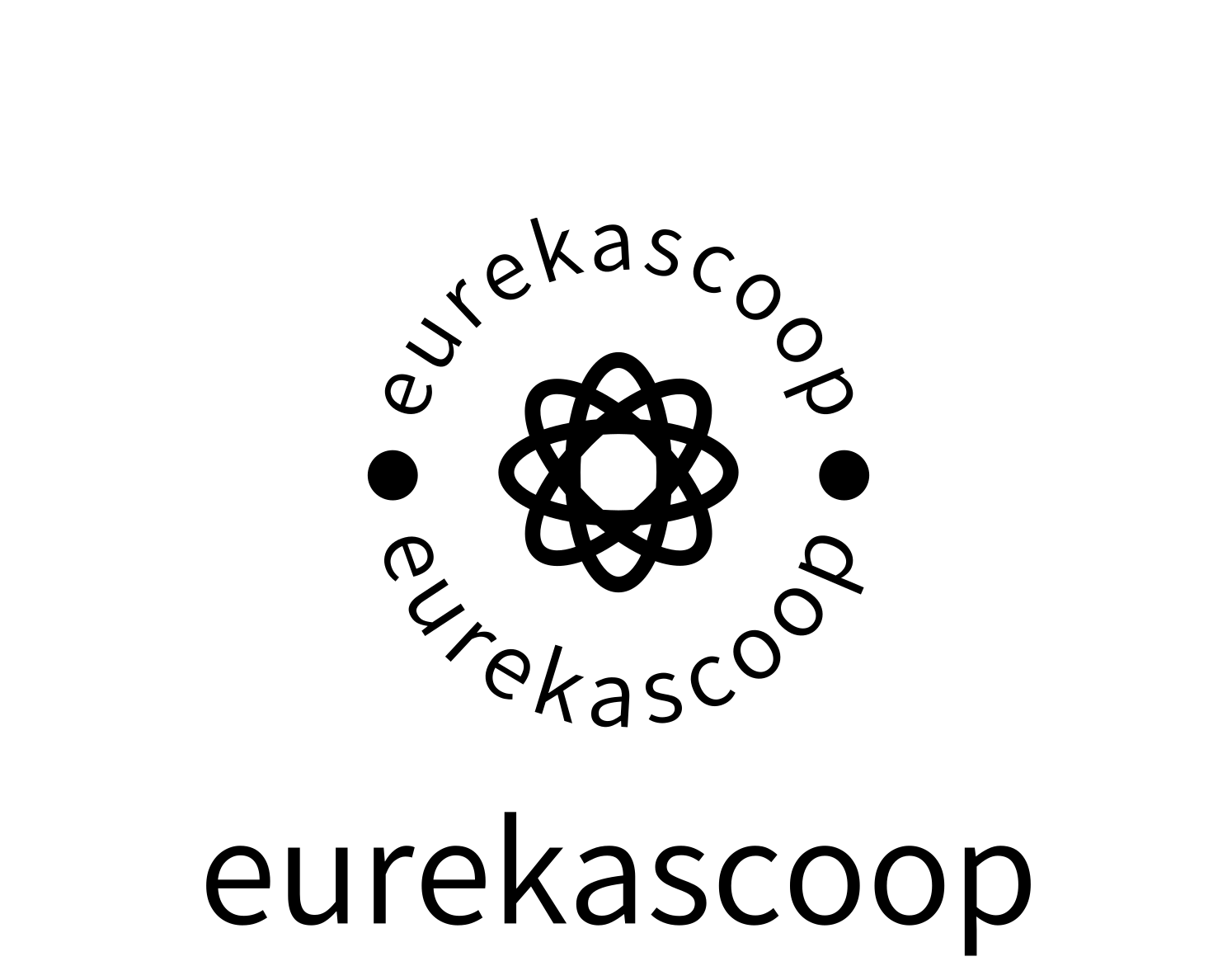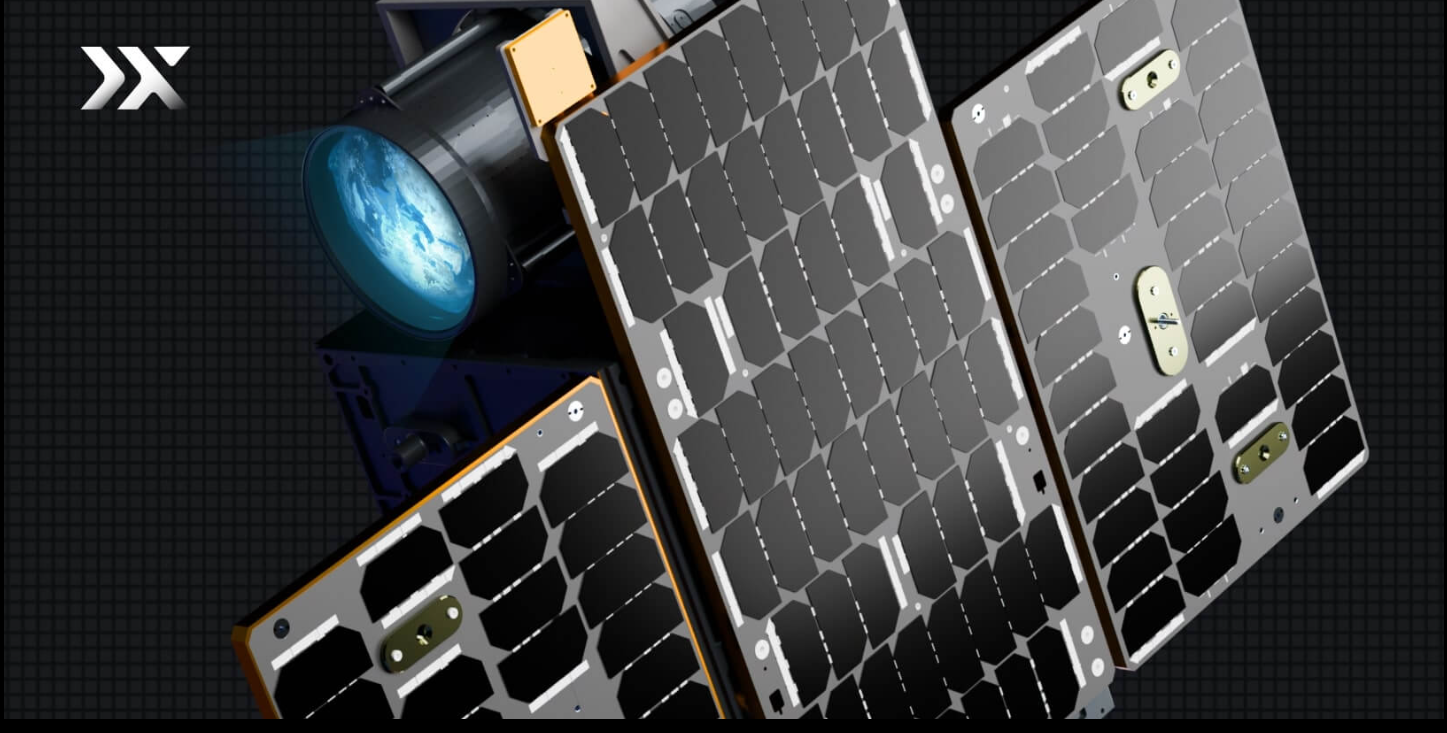Pixxel a US-India space technology company just closed a funding round to position itself as the highest funded space tech startup in India and the highest funded hyperspectral imaging company globally.
Pixxel creates specialized satellites that can see Earth in extraordinary detail, capturing information across many different wavelengths of light – something we call hyperspectral imaging. Think of it as being able to see not just the visible colors of our planet, but also hidden characteristics that tell us about the health of crops, the composition of minerals, and environmental changes. The company isn’t just launching individual satellites – they’re building an entire network of them that will work together to photograph every part of Earth once per day. Along with these satellites, Pixxel is developing sophisticated software that can analyze all this detailed imagery to uncover meaningful patterns and insights. This comprehensive system is designed to help us better understand, track, and even anticipate important changes happening across our planet.
This new funding will help Pixxel move faster on two major fronts. First, it will accelerate their ambitious plan to build and launch a complete network of 18 advanced satellites equipped with hyperspectral imaging technology. These aren’t ordinary satellites – each one carries sensors that can capture incredibly detailed information about Earth’s surface across multiple wavelengths of light, revealing insights that wouldn’t be visible to conventional imaging satellites.
The second key area where this funding will make a difference is in developing Pixxel’s software platform called Aurora. This platform represents the bridge between collecting massive amounts of satellite data and turning it into practical, actionable information. Aurora uses artificial intelligence to analyze the complex hyperspectral imagery, making it easier for users across different industries to extract meaningful insights without needing to be experts in satellite data analysis. For instance, agricultural companies might use it to monitor crop health, while environmental organizations could track changes in forest coverage or water quality, all through an intuitive interface that makes this sophisticated technology accessible and useful.
This dual investment in both hardware (the satellite constellation) and software (the Aurora platform) reflects Pixxel’s comprehensive approach to Earth observation – not just collecting unprecedented amounts of detailed data about our planet, but also making that data truly useful for real-world applications.
This new funding will allow Pixxel to grow in three interconnected ways, all centered around satellite technology. First, they plan to significantly expand their ability to manufacture satellites by building larger facilities and acquiring more advanced equipment. Think of it as moving from a boutique workshop to a full-scale production facility – this increased capacity means they can build more satellites simultaneously and more efficiently.
Second, they’re investing in scaling up their operational capabilities. This involves hiring more personnel, developing more sophisticated mission control systems, and creating the infrastructure needed to manage multiple satellite missions concurrently. It’s similar to how an airline needs not just planes, but also air traffic controllers, maintenance crews, and coordination systems to run multiple flights successfully.
But perhaps most intriguingly, Pixxel is moving beyond just building satellites for their own constellation. They’re positioning themselves to become a comprehensive satellite manufacturing service provider. This means they’ll be able to build custom satellites and specialized imaging equipment for other organizations and governments. For instance, if a government agency needs a satellite with specific capabilities, or if a private company wants to launch their own earth observation satellite, Pixxel could design and build it for them, leveraging all their expertise in hyperspectral imaging and satellite manufacturing.
This three-pronged expansion reflects a natural evolution in Pixxel’s business model – from being primarily focused on building their own satellite network to becoming a full-service space technology company.

